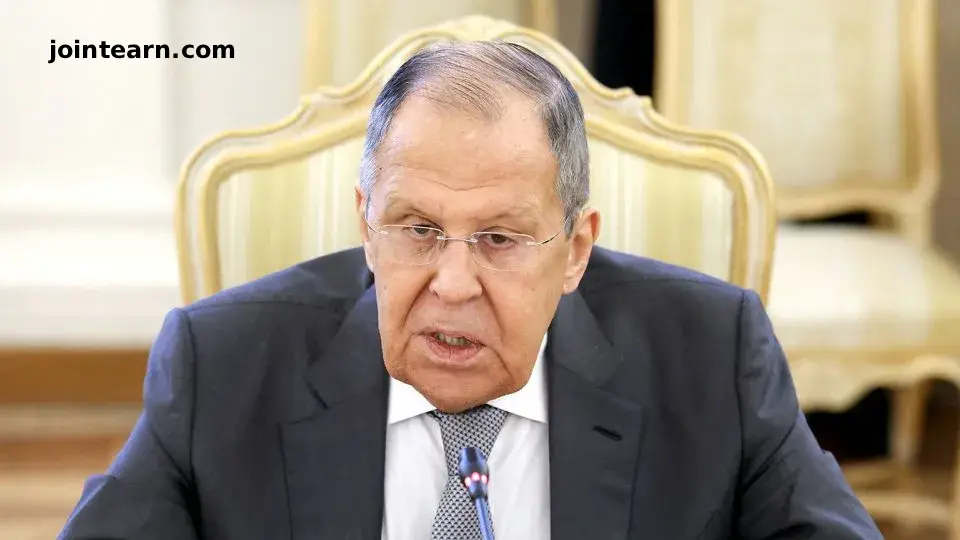
Moscow is abuzz with speculation following the notable absence of Russian Foreign Minister Sergey Lavrov from a high-level Russian Security Council meeting on Wednesday, where President Vladimir Putin discussed the possibility of full-scale nuclear testing. While the Kremlin has sought to downplay concerns, analysts are closely examining the implications for Russian foreign policy and Lavrov’s role as one of the most enduring figures in Russian diplomacy.
Kremlin Denies Rumors of Shake-Up
Kremlin spokesman Dmitry Peskov addressed mounting rumors on Friday, emphasizing that Lavrov continues to serve as Russia’s foreign minister. “There is no truth to these reports whatsoever,” Peskov stated during a briefing with international media. Lavrov’s absence, Peskov said, was not unusual and does not indicate any personnel changes.
The Russian business daily Kommersant initially raised eyebrows by reporting that Lavrov’s absence from the Security Council meeting was “by agreement,” making him the only permanent member not in attendance. Compounding the speculation, Lavrov will not lead Russia’s delegation to the G20 summit in Johannesburg, with Deputy Chief of Staff Maxim Oreshkin appointed in his stead.
Context: Diplomatic Setbacks
Lavrov’s nonattendance comes shortly after the collapse of a planned Budapest summit between Putin and U.S. President Donald Trump. Lavrov had been the primary negotiator for this high-profile meeting. Following a phone call between Lavrov and U.S. Secretary of State Marco Rubio, the summit was canceled, with U.S. officials citing Russia’s unchanged maximalist position on Ukraine, followed by fresh sanctions on Moscow.
Despite this diplomatic setback, the Kremlin is keen to maintain an image of continuity and loyalty. Foreign Ministry spokesperson Maria Zakharova confirmed Lavrov’s absence but reinforced that he remains in office, reflecting the Kremlin’s longstanding practice of preserving institutional stability even amid policy failures.
Sergey Lavrov: A Diplomatic Stalwart
For over two decades, Sergey Lavrov has been the face of Russian diplomacy. Previously Russia’s ambassador to the United Nations, Lavrov has been a consistent presence through major geopolitical crises, including:
- The 2008 Russo-Georgian war
- The 2014 annexation of Crimea
- Russia’s intervention in the Syrian civil war in 2015
- The 2022 invasion of Ukraine
Lavrov is known for his confrontational style, often matching Putin’s assertive foreign policy. At a recent summit in Anchorage, Alaska, Lavrov made headlines for wearing a sweater emblazoned with CCCP, the Cyrillic abbreviation for the Soviet Union, a move reflecting his symbolic connection to Russia’s past imperial ambitions.
Kremlin Loyalty and Institutional Continuity
Even amid diplomatic setbacks or internal criticism, Putin’s approach tends to prioritize loyalty and continuity over abrupt dismissals. A similar pattern was observed in the 2024 reshuffle of Defense Minister Sergei Shoigu, who was moved to a Security Council post rather than being removed entirely. Analysts suggest this strategy preserves stability while maintaining Putin’s trusted circle of advisors.
While Lavrov’s absence has generated concern among foreign observers, the Kremlin’s messaging and historical precedent suggest that the veteran diplomat remains central to Russia’s foreign policy apparatus.


Leave a Reply